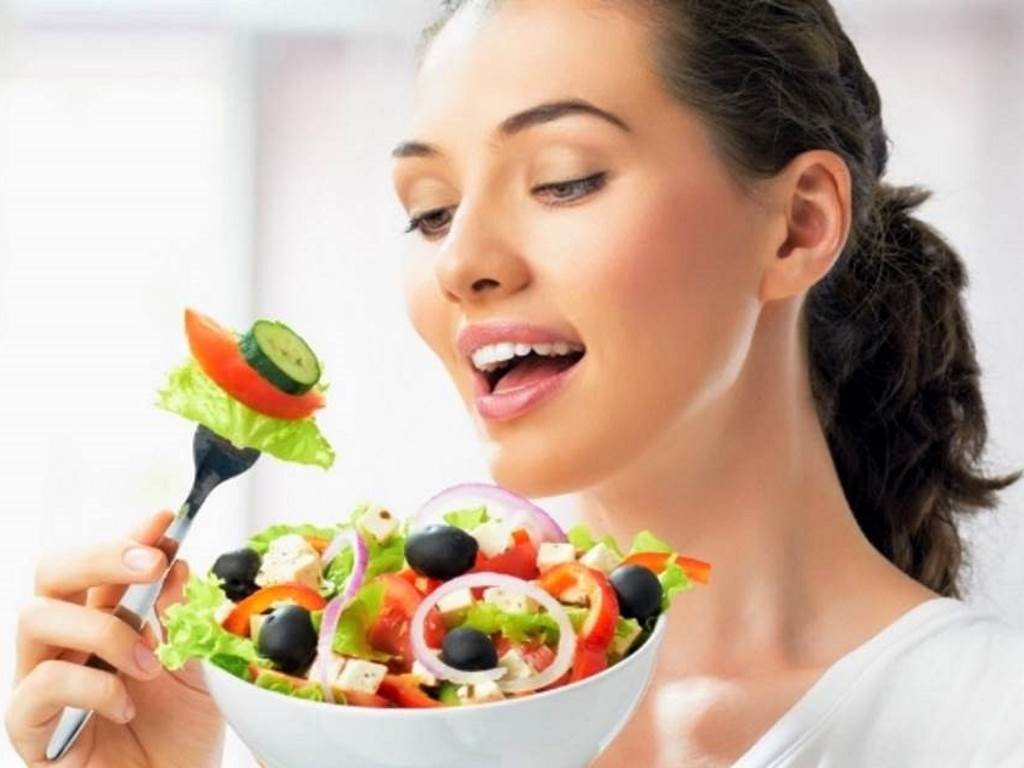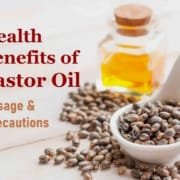Healthy Pregnancy Diet – Foods to Eat and Avoid During pregnancy
Ensuring a healthy pregnancy depends not only on the quantity but also the quality of the food you consume before and during pregnancy. Maintaining a healthy weight for your height is just one aspect; true healthiness extends beyond that. Certain foods should be avoided when planning or experiencing pregnancy due to their potential impact on your unborn child’s development.
To promote healthy eating during pregnancy, consider the following:-
- Base your meals on starchy foods like potatoes, bread, rice, and pasta. Opt for wholegrain options when possible. These foods provide satisfying meals without excess calories.
- Consume at least five portions of different fruits and vegetables each day. Prioritize these over high-fat and high-calorie foods. Keep in mind that potatoes don’t count toward your five-a-day target, and even if you consume a considerable amount of pure fruit juice, it only counts as one portion.
- Maintain a low-fat diet and avoid increasing your calorie intake. Minimize fried food consumption and steer clear of high-sugar drinks, sweets, cakes, and fatty snacks.
- Incorporate fiber-rich foods into your diet, such as oats, beans, lentils, grains, seeds, wholegrain bread, brown rice, and whole meal pasta.
- Ensure you consume protein daily; choose lean meats and aim for at least two servings of fish weekly. Lentils, beans, and tofu also provide valuable protein sources.
- Include dairy products in your diet for calcium, but choose low-fat options like skimmed milk or low-fat yogurt.
- Be mindful of portion sizes for your meals and snacks. Avoid the “eating for two” mentality.
- Always eat breakfast to kickstart your day.
- Limit your daily caffeine intake to 200 milligrams (mg), equivalent to two mugs of instant coffee. Keep in mind that caffeine is also present in tea and energy drinks.
- For most pregnant women with normal BMI, the right amount of calories is:
- About 1,800 calories per day during the first trimester
- About 2,200 calories per day during the second trimester
- About 2,400 calories per day during the third trimester
- The calorie requirements are generally the same as non-pregnant women in the first trimester and tend to increase in the second trimester, at roughly 340 kcal and 452 kcal per day in the second and third trimesters, respectively.
- Generally speaking most women do not require extra calories during the first six months of pregnancy. Only in the last 12 weeks should you consume an additional 200 calories per day, roughly equivalent to two slices of bread.
Healthy Weight During Pregnancy
Determining a ‘healthy’ weight during pregnancy relies on your Body Mass Index (BMI), which assesses your weight concerning your height. Your doctor can calculate this for you. A healthy BMI falls above 18.5 but below 25. Being overweight poses risks for both you and your baby, with greater risks associated with higher degrees of obesity. Conversely, being underweight increases the risk of your baby’s suboptimal growth.
If you’d like to find out your BMI, you can use this calculator for reference.
Dieting During Pregnancy
Attempting to lose weight through dieting during pregnancy is not advisable as it could potentially harm your unborn baby’s health. If you have concerns about your weight, it’s essential to consult your doctor, who can provide guidance and, if necessary, refer you to a dietitian.
Fish Consumption During Pregnancy
Generally, consuming fish is a nutritious choice during pregnancy. However, the current recommendation is to limit oily fish intake, such as mackerel or salmon, to no more than two portions per week. This precaution is due to the potential harm posed by excessive mercury, a substance found in oily fish, to an unborn baby’s development. Additionally, pregnant women should avoid consuming more than two fresh tuna steaks or four medium-sized cans of tuna per week and should steer clear of shark, swordfish, or marlin.
Avoid Liver Consumption
Liver can contain high levels of vitamin A, which, in excessive amounts, can potentially harm the nervous system development of an unborn baby. It’s essential to note that vitamin A deficiency is rare in developed countries. Consequently, it is advisable to refrain from consuming foods such as liver and liver products during pregnancy.
Peanuts and Pregnancy or Breastfeeding
Peanuts and foods containing peanuts, including peanut butter, are generally safe to consume during pregnancy or while breastfeeding. There is no substantial evidence to suggest that eating peanuts affects the likelihood of your baby developing a peanut allergy. However, if you personally have a peanut allergy, it’s crucial to avoid them.
Vitamin Supplements During Pregnancy
Vitamins play a vital role in growth and development, with 13 essential vitamins, including A, C, D, E, K, and the B vitamin series. Aside from vitamin D, primarily obtained through sunlight exposure, most vitamins come from our diet. Vitamin D and folic acid (vitamin B9) deficiencies are relatively common and important during pregnancy. You can enhance your levels of these vitamins by taking supplements.
However, it’s important to note that supplements of other vitamins are generally not recommended during pregnancy, as they may potentially have adverse effects. For more in-depth information on vitamin supplements during pregnancy, please refer to the detailed article on “Vitamin Supplements in Pregnancy”.
Minimizing the Risk of Foodborne Infections During Pregnancy
Pregnant individuals are susceptible to infections like listeria, salmonella, or toxoplasmosis through contaminated food, which can pose risks to their unborn babies. To safeguard against these infections, consider the following precautions:
Reducing the Risk of Listeriosis:
- Consume only pasteurized or UHT milk.
- Refrain from indulging in ripened soft cheeses, or blue-veined varieties. However, hard cheeses such as Cheddar, cottage cheese, and processed cheese are safe for consumption.
- Avoid pâté.
- Ensure that ready-prepared meals are thoroughly cooked as per instructions, with particular attention to reheating them.
Minimizing the Risk of Salmonella Infection:
- Steer clear of consuming raw or partially cooked eggs or dishes that may contain them, such as certain types of mayonnaise or mousses. Always check the food packaging for ingredient details.
- Avoid the consumption of raw or partially cooked meats, especially poultry and shellfish.
Preventing Toxoplasmosis:
- Prioritize hand hygiene by washing your hands before and after handling food.
- Thoroughly wash all fruits and vegetables, including pre-packaged salads.
- Cook raw meats and ready-prepared chilled meats to an adequate degree.
- When gardening or handling soil, use gloves and make sure to wash your hands thoroughly afterward.
- Avoid contact with cat feces, whether in cat litter or soil. If it’s necessary to handle it, wear rubber gloves for protection.









